Discover the Women of the Hall
These are the Inductees of the National Women’s Hall of Fame. Select any of the women to discover their stories and learn how they have influenced other women and this country.
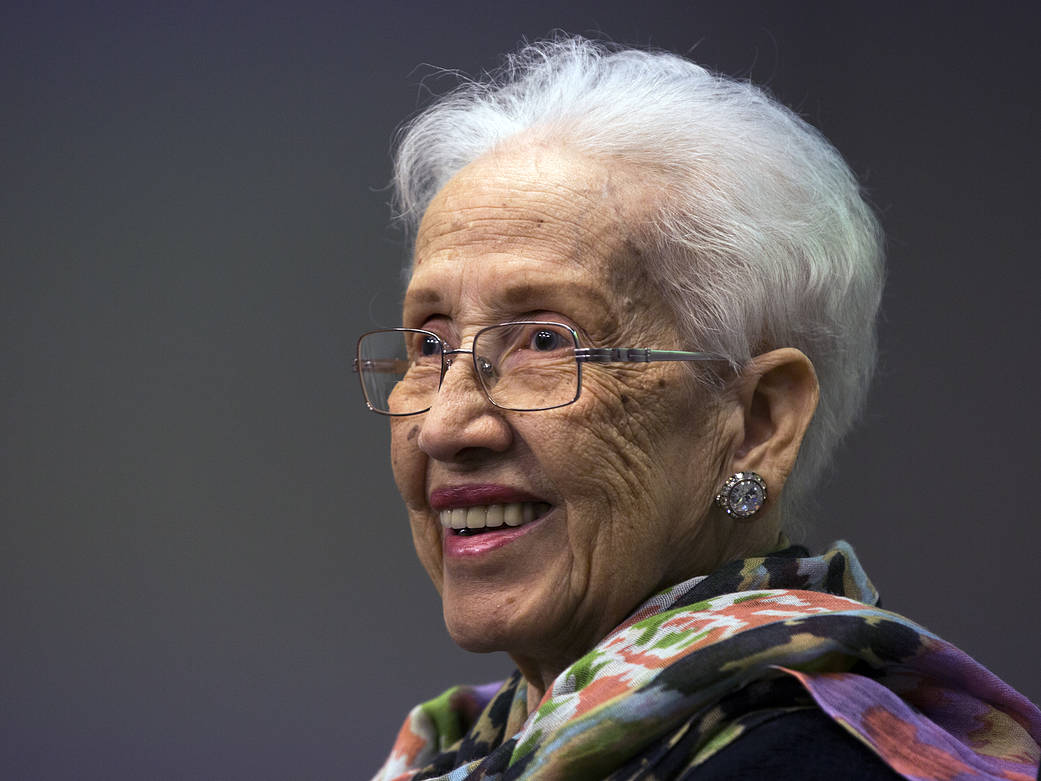
Katherine Johnson

Helen Keller
Author and lecturer. An illness at the age of 19 months left her deaf, blind and mute. Through the work of teacher Anne Sullivan, she learned to overcome these daunting handicaps and became a powerful and effective national spokesperson on behalf of others with similar disabilities.
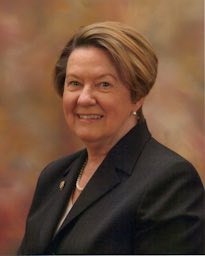
Susan Kelly-Dreiss
Susan Kelly-Dreiss has worked for over 30 years to enact legal protections, implement innovative services and heighten public awareness on behalf of battered women and their children. In 1976, Kelly-Dreiss lobbied for passage of Pennsylvania’s first domestic violence law, and later that same year, she co-founded the nation’s first domestic violence coalition, the Pennsylvania Coalition Against Domestic Violence (PCADV). She was a founding member of the National Network to End Domestic Violence, and has played a key role in drafting federal legislation including the Federal Violence Prevention and Services Act and the Violence Against Women Act.
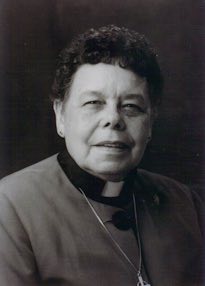
Leontine T.C. Kelly
A Methodist bishop, Leontine T.C. Kelly was the first African American woman to be elected bishop in the United Methodist Church. She served as bishop of the California-Nevada Annual Conference and the president of the Western Jurisdiction College of Bishops. Committed to peace and justice, she was arrested several times for protesting nuclear weapons, and was one of 18 bishops who signed a letter to the Methodist Church in response to its policy toward gays and lesbians in the church.
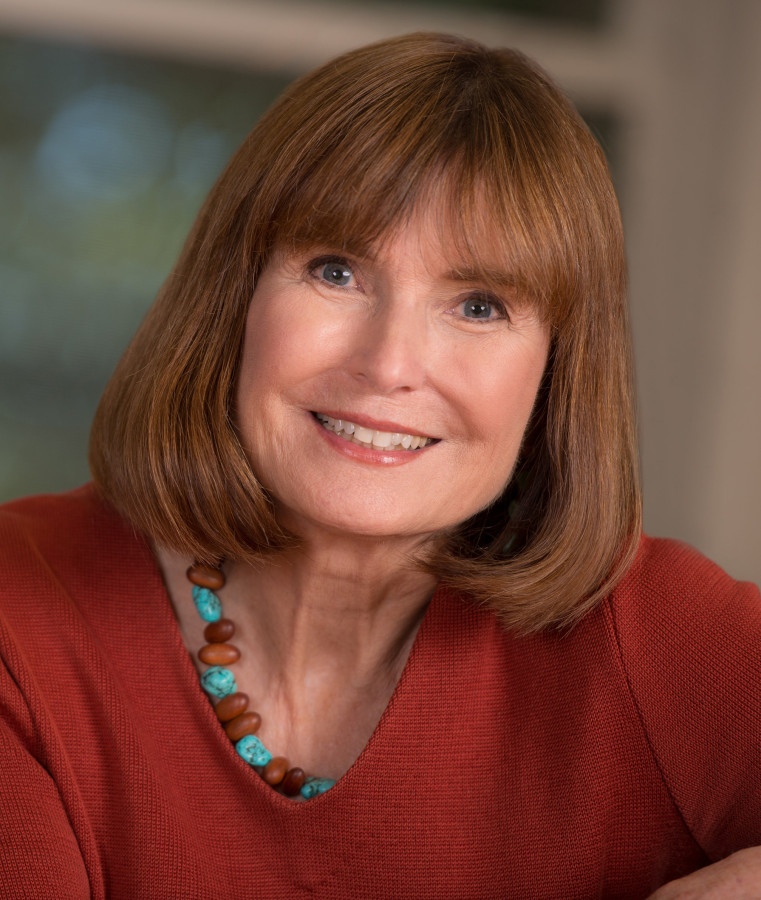
Jean Kilbourne
Through her pioneering work studying images of women in advertising, Jean Kilbourne has changed the conversation as to how organizations and educational institutions address many public health problems including smoking, high-risk drinking eating disorders, obesity, sexualization of children, and violence against women.

Billie Jean King
Dominated the world of tennis for more than 20 years, winning 20 Wimbledon titles, 13 U.S. Open titles and more. King was the founder of the Women’s Tennis Association and helped create the Women’s Sports Foundation.

Katherine Johnson

Helen Keller
Author and lecturer. An illness at the age of 19 months left her deaf, blind and mute. Through the work of teacher Anne Sullivan, she learned to overcome these daunting handicaps and became a powerful and effective national spokesperson on behalf of others with similar disabilities.

Susan Kelly-Dreiss
Susan Kelly-Dreiss has worked for over 30 years to enact legal protections, implement innovative services and heighten public awareness on behalf of battered women and their children. In 1976, Kelly-Dreiss lobbied for passage of Pennsylvania’s first domestic violence law, and later that same year, she co-founded the nation’s first domestic violence coalition, the Pennsylvania Coalition Against Domestic Violence (PCADV). She was a founding member of the National Network to End Domestic Violence, and has played a key role in drafting federal legislation including the Federal Violence Prevention and Services Act and the Violence Against Women Act.

Leontine T.C. Kelly
A Methodist bishop, Leontine T.C. Kelly was the first African American woman to be elected bishop in the United Methodist Church. She served as bishop of the California-Nevada Annual Conference and the president of the Western Jurisdiction College of Bishops. Committed to peace and justice, she was arrested several times for protesting nuclear weapons, and was one of 18 bishops who signed a letter to the Methodist Church in response to its policy toward gays and lesbians in the church.

Jean Kilbourne
Through her pioneering work studying images of women in advertising, Jean Kilbourne has changed the conversation as to how organizations and educational institutions address many public health problems including smoking, high-risk drinking eating disorders, obesity, sexualization of children, and violence against women.

Billie Jean King
Dominated the world of tennis for more than 20 years, winning 20 Wimbledon titles, 13 U.S. Open titles and more. King was the founder of the Women’s Tennis Association and helped create the Women’s Sports Foundation.

Coretta Scott King
One of the most celebrated champions of human and civil rights, Coretta Scott King, in partnership with her husband, Dr. Martin Luther King, Jr., ignited democracy movements worldwide. For over forty years, King traveled extensively as a messenger of peace, justice and social action. Notably, in 1974, she formed and co-chaired the National Committee for Full Employment, formed the Coalition of Conscience (1983), and co-convened the Soviet-American Women’s Summit (1990). In 1969, she became the founding president, chair and chief executive officer of The King Center, the first institution built in memory of an African American leader. As a lifelong advocate for non-violence and coalition building, King’s legacy will continue to serve as an example for years to come.

Julie Krone
With more than 3,700 career wins, Julie Krone is the leading female Thoroughbred horse racing jockey of all time. Krone made history in 1993 when she became the first woman to win a Triple Crown event at the Belmont Stakes. In 2003, she went on to become the first woman to win a Breeders’ Cup event at the Juvenile Fillies and the first woman to win a million dollar event at the Pacific Classic. Krone initially retired from horse racing in 1999 and became a commentator and analyst for the TVG racing network, but returned to the sport in 2002, retiring for a second time in 2004. Krone was named ESPN’s 1993 Professional Female Athlete of the Year, and in 2000, she became the first woman inducted into the National Museum of Racing’s Hall of Fame.
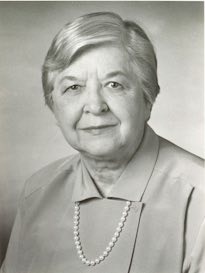
Stephanie L. Kwolek
Interested in science and medicine from a young age, Kwolek graduated from Carnegie Institute of Technology and then took a job at DuPont Chemicals to save for graduate studies. However, her love of working with polymers kept her at DuPont, where she discovered the fiber that led to the development of Kevlar, a bulletproof material five times stronger than steel. Kwolek is the recipient or co-recipient of 17 U.S. patents.
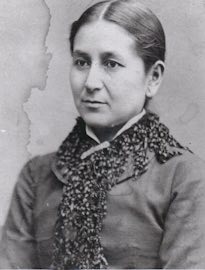
Susette La Flesche
Member of the Omaha Tribe and a tireless campaigner for native American rights. La Flesche was the first Native American published lecturer, artist and author. She helped change national perceptions about the rights of Native Americans.

Winona LaDuke
A graduate of Harvard and Antioch Universities, Winona LaDuke advocates for public support and funding for frontline native environmental groups. In 1994, she was nominated by Time Magazine as one of America’s most promising leaders under forty years of age. In 1998, she was named Ms. Magazine Woman of the Year. Ms. LaDuke was the vice-presidential candidate on the Green Party ticket in both 1996 and 2000. She currently serves as director of the White Earth Land Recovery Project in Minnesota.

Dorothea Lange
Lange was a pioneer in documentary photography, remembered for her wide-ranging photographs of Americans during the depression and the Japanese-American internment during World War II, and for her later work in Asia. She put a human face on political issues of the day, such as poverty and social injustice. Lange was the first woman awarded a Guggenheim Fellowship in photography in 1940.

Coretta Scott King
One of the most celebrated champions of human and civil rights, Coretta Scott King, in partnership with her husband, Dr. Martin Luther King, Jr., ignited democracy movements worldwide. For over forty years, King traveled extensively as a messenger of peace, justice and social action. Notably, in 1974, she formed and co-chaired the National Committee for Full Employment, formed the Coalition of Conscience (1983), and co-convened the Soviet-American Women’s Summit (1990). In 1969, she became the founding president, chair and chief executive officer of The King Center, the first institution built in memory of an African American leader. As a lifelong advocate for non-violence and coalition building, King’s legacy will continue to serve as an example for years to come.

Julie Krone
With more than 3,700 career wins, Julie Krone is the leading female Thoroughbred horse racing jockey of all time. Krone made history in 1993 when she became the first woman to win a Triple Crown event at the Belmont Stakes. In 2003, she went on to become the first woman to win a Breeders’ Cup event at the Juvenile Fillies and the first woman to win a million dollar event at the Pacific Classic. Krone initially retired from horse racing in 1999 and became a commentator and analyst for the TVG racing network, but returned to the sport in 2002, retiring for a second time in 2004. Krone was named ESPN’s 1993 Professional Female Athlete of the Year, and in 2000, she became the first woman inducted into the National Museum of Racing’s Hall of Fame.

Stephanie L. Kwolek
Interested in science and medicine from a young age, Kwolek graduated from Carnegie Institute of Technology and then took a job at DuPont Chemicals to save for graduate studies. However, her love of working with polymers kept her at DuPont, where she discovered the fiber that led to the development of Kevlar, a bulletproof material five times stronger than steel. Kwolek is the recipient or co-recipient of 17 U.S. patents.

Susette La Flesche
Member of the Omaha Tribe and a tireless campaigner for native American rights. La Flesche was the first Native American published lecturer, artist and author. She helped change national perceptions about the rights of Native Americans.

Winona LaDuke
A graduate of Harvard and Antioch Universities, Winona LaDuke advocates for public support and funding for frontline native environmental groups. In 1994, she was nominated by Time Magazine as one of America’s most promising leaders under forty years of age. In 1998, she was named Ms. Magazine Woman of the Year. Ms. LaDuke was the vice-presidential candidate on the Green Party ticket in both 1996 and 2000. She currently serves as director of the White Earth Land Recovery Project in Minnesota.

Dorothea Lange
Lange was a pioneer in documentary photography, remembered for her wide-ranging photographs of Americans during the depression and the Japanese-American internment during World War II, and for her later work in Asia. She put a human face on political issues of the day, such as poverty and social injustice. Lange was the first woman awarded a Guggenheim Fellowship in photography in 1940.
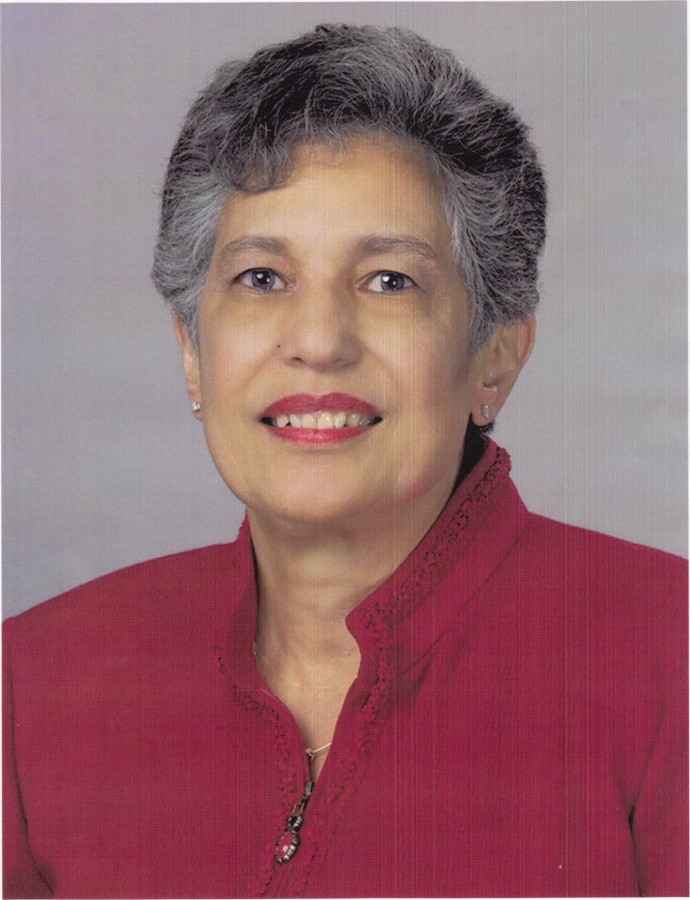
Carlotta Walls LaNier
Civil rights advocate Carlotta Walls LaNier, at age 14, was the youngest of the Little Rock Nine; the nine African-American students who integrated Central High School in Little Rock, Arkansas. A recipient of the Congressional Gold Medal, she works to ensure equal access to education for children of color.
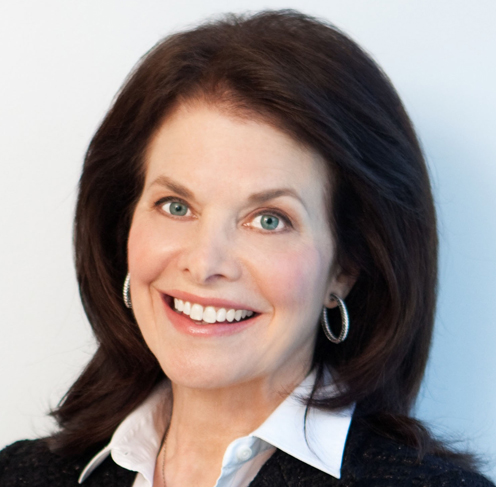
Sherry Lansing
A trailblazer, visionary leader and creative filmmaker. She was involved in the production, marketing and distribution of more than 200 films and the first woman to head a major film studio.
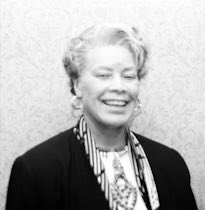
Allie B. Latimer
An attorney, civil rights activist and humanitarian, Allie B. Latimer was instrumental in organizing Federally Employed Women (FEW) in 1968, and served as the organization’s founding president until 1969. In 1977, as a federal attorney, Latimer was the first African American and first woman to serve as General Counsel of a major federal agency as well as the first African American and first woman to attain the GS-18 salary level at the General Services Administration. She was also recognized as part of the ‘second wave of feminist pioneers’ by the Veteran Feminists of America (VFA).
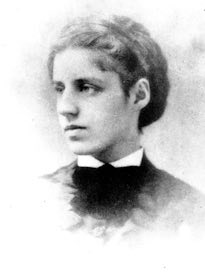
Emma Lazarus
“Give me your tired, your poor, your huddled masses yearning to breathe free.” These famous words from The New Colossus, were written by Emma Lazarus, one of the first successful Jewish American authors. Originally created in 1883, the sonnet was later engraved in bronze and placed at the base of the Statue of Liberty. Throughout her lifetime, Lazarus authored and published numerous poems, essays, letters, short stories and translations. She was an important forerunner of the Zionist movement, having argued for the creation of a Jewish homeland thirteen years before the term Zionist was even coined.
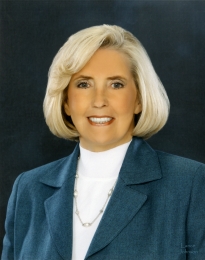
Lilly Ledbetter
For over a decade, Lilly Ledbetter has fought to achieve pay equity. Upon retiring from her position as a manager with the Goodyear Tire and Rubber Company, Ledbetter discovered that she had been paid considerably less than her male colleagues. She filed a formal complaint with the Equal Employment Opportunities Commission and later initiated a lawsuit against Goodyear alleging pay discrimination. Although a jury initially awarded her compensation, the Supreme Court ruled that Ledbetter could not receive any money because she had filed her complaint more than 180 days after receiving her first discriminatory paycheck. Since then, Ledbetter has continuously lobbied for equal pay for men and women; her efforts proved successful when President Obama signed the Lilly Ledbetter Fair Pay Act into law in 2009.
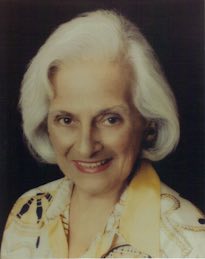
Mildred Robbins Leet
As Co-founder and Chairman of the Trickle Up Program, Inc., philanthropist Mildred Leet assisted people worldwide in rising out of poverty. Trickle Up provides seed capital to impoverished individuals, allowing them the opportunity to work their way to self-sufficiency. Leet also helped found United Cerebral Palsy and was a co-founder and Vice President of the U.S. Committee for the United Nations Development Fund for Women (UNIFEM).

Carlotta Walls LaNier
Civil rights advocate Carlotta Walls LaNier, at age 14, was the youngest of the Little Rock Nine; the nine African-American students who integrated Central High School in Little Rock, Arkansas. A recipient of the Congressional Gold Medal, she works to ensure equal access to education for children of color.

Sherry Lansing
A trailblazer, visionary leader and creative filmmaker. She was involved in the production, marketing and distribution of more than 200 films and the first woman to head a major film studio.

Allie B. Latimer
An attorney, civil rights activist and humanitarian, Allie B. Latimer was instrumental in organizing Federally Employed Women (FEW) in 1968, and served as the organization’s founding president until 1969. In 1977, as a federal attorney, Latimer was the first African American and first woman to serve as General Counsel of a major federal agency as well as the first African American and first woman to attain the GS-18 salary level at the General Services Administration. She was also recognized as part of the ‘second wave of feminist pioneers’ by the Veteran Feminists of America (VFA).

Emma Lazarus
“Give me your tired, your poor, your huddled masses yearning to breathe free.” These famous words from The New Colossus, were written by Emma Lazarus, one of the first successful Jewish American authors. Originally created in 1883, the sonnet was later engraved in bronze and placed at the base of the Statue of Liberty. Throughout her lifetime, Lazarus authored and published numerous poems, essays, letters, short stories and translations. She was an important forerunner of the Zionist movement, having argued for the creation of a Jewish homeland thirteen years before the term Zionist was even coined.

Lilly Ledbetter
For over a decade, Lilly Ledbetter has fought to achieve pay equity. Upon retiring from her position as a manager with the Goodyear Tire and Rubber Company, Ledbetter discovered that she had been paid considerably less than her male colleagues. She filed a formal complaint with the Equal Employment Opportunities Commission and later initiated a lawsuit against Goodyear alleging pay discrimination. Although a jury initially awarded her compensation, the Supreme Court ruled that Ledbetter could not receive any money because she had filed her complaint more than 180 days after receiving her first discriminatory paycheck. Since then, Ledbetter has continuously lobbied for equal pay for men and women; her efforts proved successful when President Obama signed the Lilly Ledbetter Fair Pay Act into law in 2009.

Mildred Robbins Leet
As Co-founder and Chairman of the Trickle Up Program, Inc., philanthropist Mildred Leet assisted people worldwide in rising out of poverty. Trickle Up provides seed capital to impoverished individuals, allowing them the opportunity to work their way to self-sufficiency. Leet also helped found United Cerebral Palsy and was a co-founder and Vice President of the U.S. Committee for the United Nations Development Fund for Women (UNIFEM).
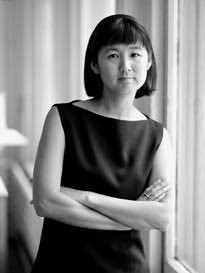
Maya Y. Lin
Lin, an architectural designer who gained fame at the age of 21 as creator of the Vietnam Veteran’s Memorial, is a Chinese-American who draws on a variety of culturally diverse sources for her inspiration. Some of her well-known works include the Civil Rights Memorial at the Southern Poverty Law Center in Montgomery, AL and The Wave Field at the University of Michigan.
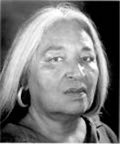
Patricia A. Locke
Locke worked for decades to preserve American Indian languages and became a pioneer in an effort to grant the tribes greater authority in the education of their children. Locke was a 1991 MacArthur Fellow for her work to save dying tribal languages. In 1993, she became the first Native American woman elected to the national governing body of the Baha’i faith.
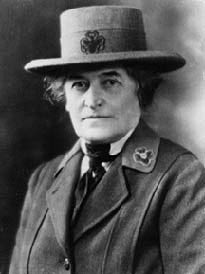
Juliette Gordon Low
As a tireless champion of young girls, Juliette Gordon Low founded the Girl Scouts of the USA (1912). Today, there are more than 3 million girl and adult members of the Girl Scouts of the USA.
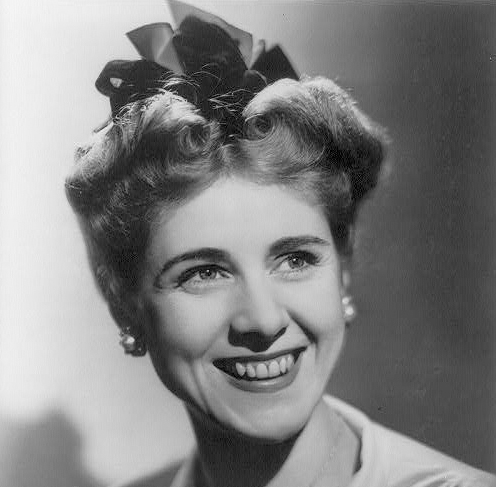
Clare Boothe Luce
She was instrumental in the creation of the Atomic Energy Commission and later established an endowment for what has become one of the single most significant sources of private support for women in science, mathematics, and engineering.
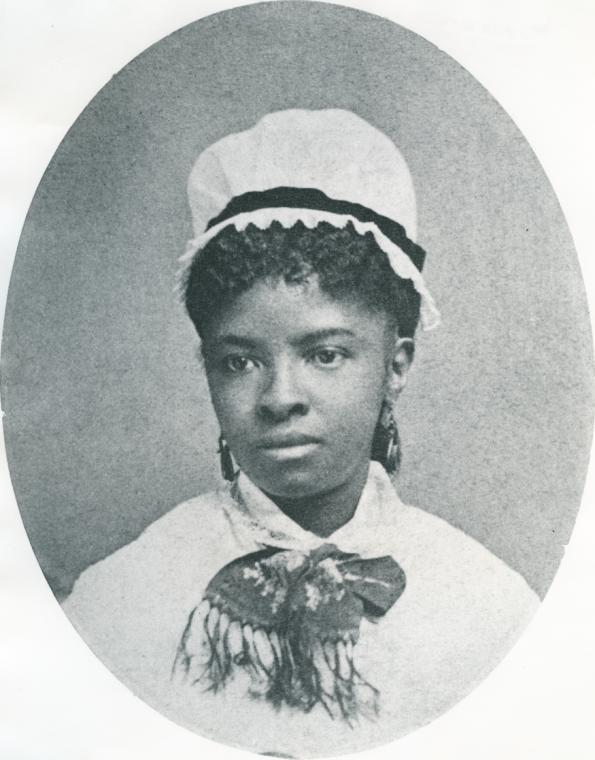
Mary Mahoney
First African American woman to study and work as a professionally trained nurse. Mahoney received her diploma from the New England Hospital in 1879, one of only four of 18 to pass the difficult course.

Wilma Mankiller
First woman elected Principal Chief of the Cherokee Nation. As Chief, Mankiller brought about major economic and social improvements for her tribe, including better health care, economic development, and education.

Maya Y. Lin
Lin, an architectural designer who gained fame at the age of 21 as creator of the Vietnam Veteran’s Memorial, is a Chinese-American who draws on a variety of culturally diverse sources for her inspiration. Some of her well-known works include the Civil Rights Memorial at the Southern Poverty Law Center in Montgomery, AL and The Wave Field at the University of Michigan.

Patricia A. Locke
Locke worked for decades to preserve American Indian languages and became a pioneer in an effort to grant the tribes greater authority in the education of their children. Locke was a 1991 MacArthur Fellow for her work to save dying tribal languages. In 1993, she became the first Native American woman elected to the national governing body of the Baha’i faith.

Juliette Gordon Low
As a tireless champion of young girls, Juliette Gordon Low founded the Girl Scouts of the USA (1912). Today, there are more than 3 million girl and adult members of the Girl Scouts of the USA.

Clare Boothe Luce
She was instrumental in the creation of the Atomic Energy Commission and later established an endowment for what has become one of the single most significant sources of private support for women in science, mathematics, and engineering.

Mary Mahoney
First African American woman to study and work as a professionally trained nurse. Mahoney received her diploma from the New England Hospital in 1879, one of only four of 18 to pass the difficult course.

Wilma Mankiller
First woman elected Principal Chief of the Cherokee Nation. As Chief, Mankiller brought about major economic and social improvements for her tribe, including better health care, economic development, and education.
